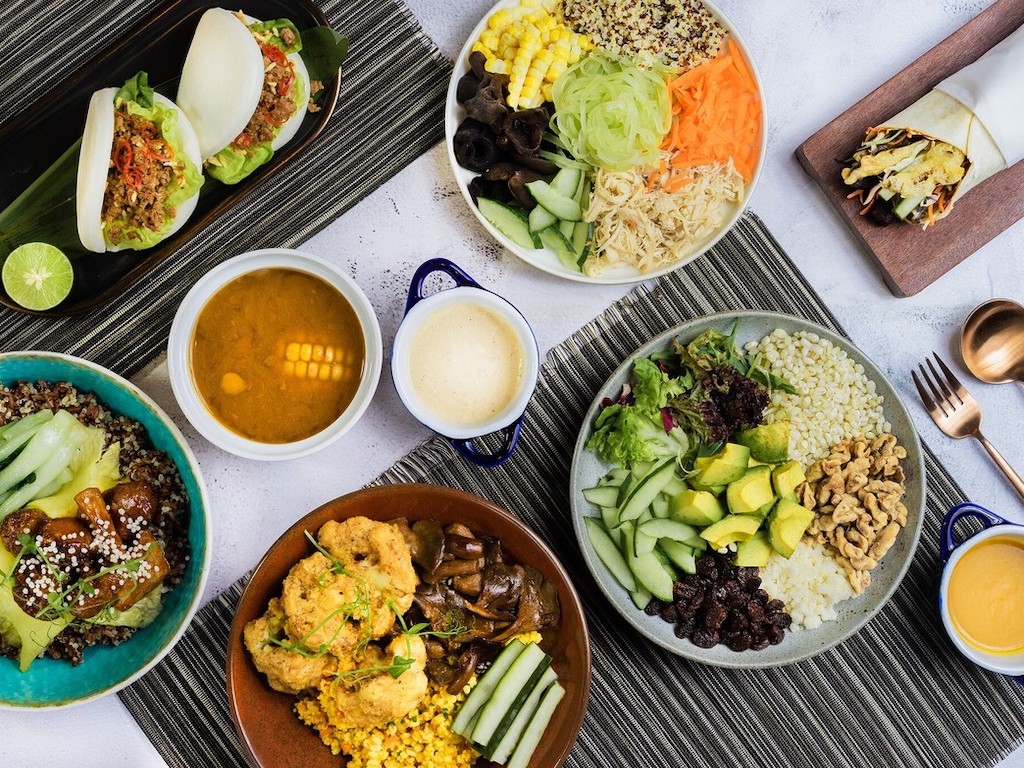3 Mins Read
Chinese food tech venture capital firm Bits x Bites has launched a new platform that will link up food industry giants with emerging startups working on future food solutions for the Chinese market. Dubbed the China Food Tech Hub, the platform will welcome big names such as Coca-Cola, General Mills and Danone, all of whom have committed to joining the program, which will see meetings take place bi-annually.
Bits x Bites, the China food tech venture capital investment firm focusing on financing food techs that are developing sustainable solutions for the challenges of our broken global food system, has just created a new platform called the China Food Tech Hub. The aim of the platform is to facilitate cooperation between startups and big industry players to overcome challenges and create solutions for the Chinese market.
So far, 10 multinationals have backed the new Shanghai-based program, including General Mills, Danone, Coca-Cola, PepsiCo Greater China, Givaudan, Nutreco, Griffith Foods, Louis Dreyfus Company, Novozymes and Puratos.
The new model will serve big name food giants with an opportunity to capitalise on the newest innovations in the food tech space. David Machiels, the research and innovation director for Asia at Danone, said that the Chinese market “evolves at an incredibly fast pace” and that it is key to identify the latest technologies, ingredients and product formats “to maintain our edge.”
In order to qualify for participation on China Food Tech Hub, the startups, which do not have to be based in China, must be working to develop food and beverage solutions specifically for the Chinese market. Among some of the technologies that the startups may be working on include precision agriculture, smart retail and using novel ingredients to create sustainable products.
Matilda Ho, the founder and managing director of Bits x Bites, said: “Like most parts of the world outside of the European Union and United States, food tech is still in its infancy in China and there has not been a strong ecosystem to support start-ups in this space.”
“We see an opportunity to bridge and strengthen these partnerships and hopefully make it easier for start-ups and corporations to share insights and work together.”
Read: Matilda Ho among the 8 Asian women changing the future of food
The launch comes on the heels of several major collaborations between FMCG giants and plant-based ventures in China in recent weeks, as the country’s economy begins to recover from the coronavirus. Starbucks launched a new plant-based menu with Beyond Meat, Omnipork and Oatly across all its China locations, while homegrown vegetarian startup Starfield partnered with 6 restaurant chains to roll out plant-based dishes across hundreds of outlets in the country.
Collaborating with startups has become increasingly popular for established food manufacturers in recent years in order to keep up with changing consumer tastes for healthier, safer and more sustainable food options, demand for which has grown even more sharply as a result of the pandemic.
Last year, PepsiCo created a new Nutrition Greenhouse accelerator program aimed at supporting startups in the United States and Europe working on plant-based food and beverage solutions, while Belgian multinational brewing giant AB InBev created the 100+ Accelerator program to support startups’ sustainability innovations from all industries and sectors.
“Increasingly, more corporations are looking to engage food innovation startups as more early-stage CPG [consumer packaged goods] companies in China are generating customer excitement and food tech companies are showing how their solutions can address the corporations’ pain points,” explained Ho.
Lead image courtesy of Miss Lee.




